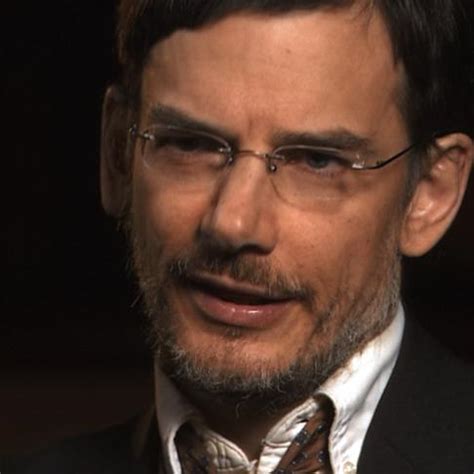A Quote by Timothy Morton
Anyone who has trouble imagining causality as magical and uncanny need only consider the existence of children.
Related Quotes
Consider children as a beat. Clearly not an institution of power, children don't vote and they don't pass taxes. They have no money, and they don't buy newspapers or watch the news on television. Consequently, children are one of the most neglected segments of society in the news, except as a subtopic of other power beats such as education, family, and crime. Children are in serious trouble in this society, which means the foundation of our society is in trouble, which means the future is in trouble, and that is news.
I think it is an accurate statement to say that some people consider feelings of same-gender attraction to be the defining fact of their existence. There are also people who consider the defining fact of their existence that they are from Texas or that they were in the United States Marines. Or they are red-headed, or they are the best basketball player that ever played for such-and-such a high school. People can adopt a characteristic as the defining example of their existence and often those characteristics are physical.
Eleanor Roosevelt's very helpful to a lot of children who cannot speak French, who do not write well. And Marie Souvestre is fierce. She tears up students' papers that are not, you know, perfect. And Eleanor Roosevelt goes around, again, being incredibly helpful to children in need, children in trouble. And her best friends are the naughtiest girls who are in trouble. And she is a leader. And she is encouraged to be a leader. And everybody falls in love with her. She's a star.








































